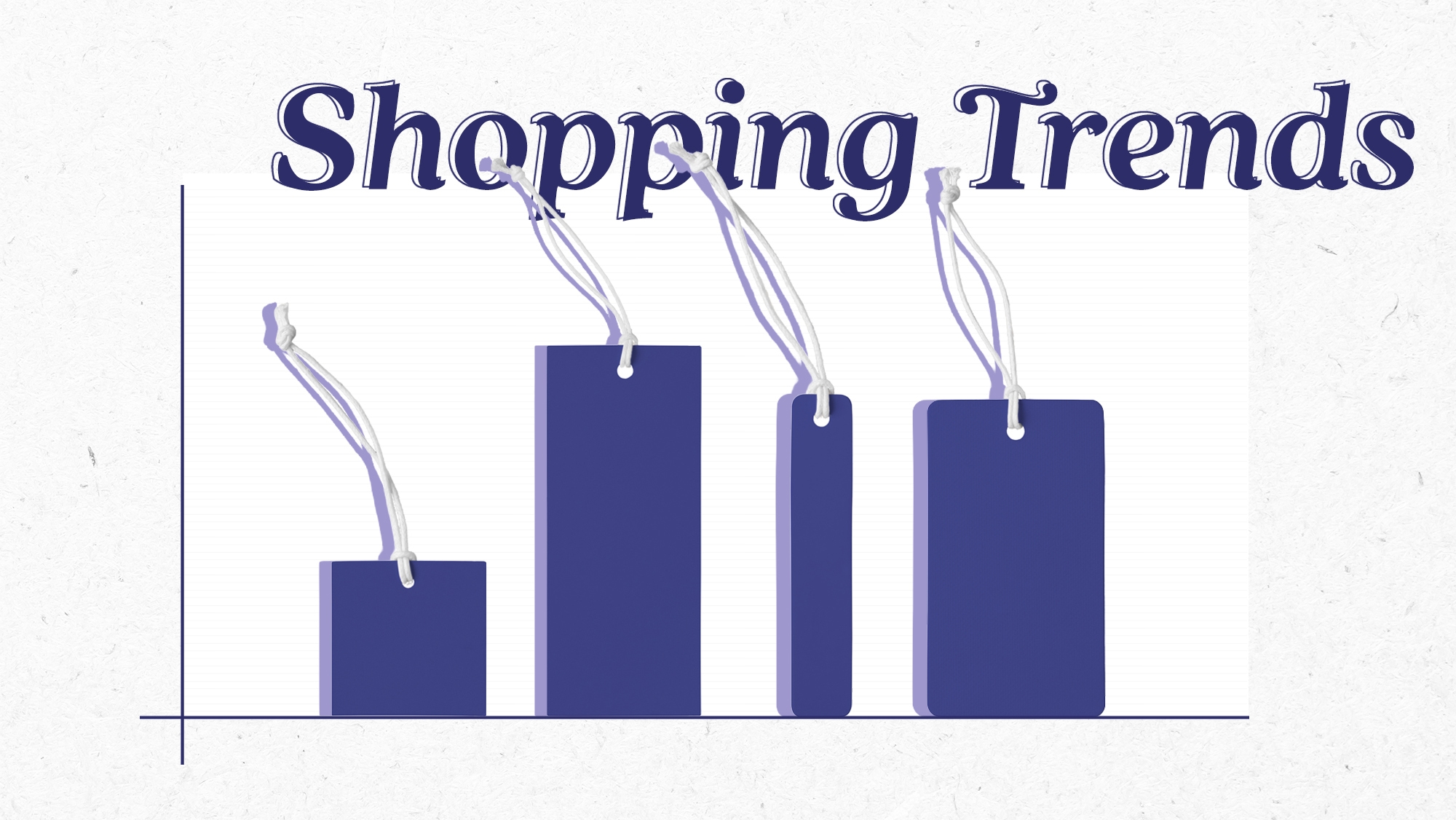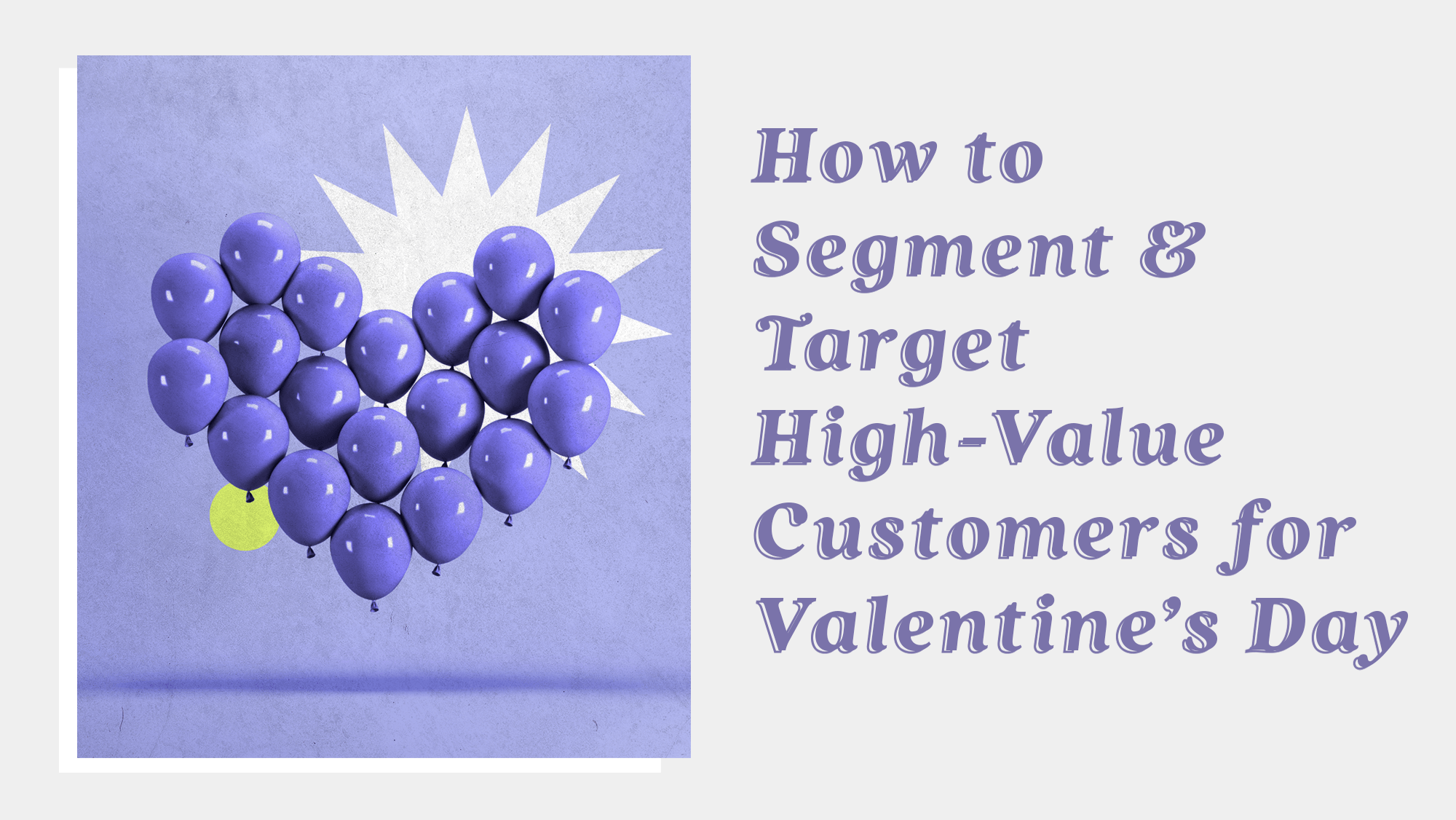
AI and the Retail Marketer’s Future
How AI transforms strategy and processes, driving the adoption of Positionless Marketing
Optimove Connect 2026: Join us in London on March 11–12 to master Positionless Marketing
Exclusive Forrester Report on AI in Marketing

In October, customers set their budgets, compare brands, and make their first purchases. Whether retailers are leading a global strategy or running campaigns for a smaller brand, understanding this change is critical. Waiting until Black Friday (BF) or Cyber Monday (CM) to act can mean missing the moment shoppers are most open to engaging.
The 2025 Holiday season is being defined by an earlier start, greater price sensitivity, and new expectations for brand quality. October is no longer a warm-up but the month when purchase intent crystallizes. Brands that show up early with relevant, credible, and omnichannel strategies will capture attention and loyalty before the peak days even arrive.
See the complete Pre-Holiday 2025 Shopping Report.
For years, the retail calendar revolved around Black Friday and Cyber Monday. In 2024, U.S. shoppers spent over $41 billion across Thanksgiving, with Cyber Monday alone breaking records at $13.3 billion in online sales (Adobe Analytics, 2024). But those numbers don't reflect a profound behavioral change: by the time BF and CM deals go live and purchases are made, consumers have already been researching, comparing, and buying weeks before.
According to Optimove's holiday shopping predictions for 2025, based on data from more than 5 million customers active during the 2023–2024 holiday seasons and a survey of 345 U.S. adults, almost two-thirds of consumers (64%) will begin shopping before Halloween. In fact, 41% say they don’t intend to wait for Black Friday or Cyber Monday.
The data also reveals that shoppers who buy earlier in October tend to remain more engaged with the brand throughout the holiday season, and possibly even shop more often.In addition, the retention rate reached its peak at the last week of October, not during Black Week, as marketers may assume.
This new behavior calls for new strategies. October has become the month when purchase intent crystallizes, and brands that once relied on big late-November promotions to capture holiday shoppers' attention should no longer assume that shoppers will wait for them.
Data from the same Pre-Holiday 2025 Shopping Report shows that more than 80% of consumers are concerned about tariffs and inflation. It is not surprising that 66% of earlier holiday shoppers are motivated by discounts, 37% are willing to switch brands, and 57% choose an unplanned store when offered better prices.
Customers, however, are looking for more than lower prices and discounts alone. In fact, 30% plan to start their holiday purchases earlier in search of better product availability, and 38% say they could switch brands if offered better product quality. This indicates that shoppers are not only targeting the best deal possible but also the best value for money,evaluating the price and quality of the product before buying it.
Since 54% of consumers are open to purchasing from new brands, this presents a critical opportunity for retailers to position themselves as the preferred choice.
It is clear that the earlier brands kick off their holiday season marketing strategy, the better.
The latest findings highlight five key recommendations for holiday marketing success:
Holiday shopping has shifted decisively into October. Shoppers are motivated by discounts, availability, and quality, and are open to switching brands if they find better value. Brands must adapt by launching strategies earlier, focusing on personalization, maintaining omnichannel consistency, and managing marketing fatigue.
Retailers that combine relevance, credibility, and smart use of AI will capture early attention and build stronger customer relationships throughout the 2025 holiday season.
For more insights on marketing throughout the holiday shopping season, contact us to request a demo.
Exclusive Forrester Report on AI in Marketing
In this proprietary Forrester report, learn how global marketers use AI and Positionless Marketing to streamline workflows and increase relevance.


Dafna is a content marketing manager and writer who generates branded content for online industries, specializing in lead generation, SEO, CRM, and lifecycle stage marketing.
With over ten years of professional writing experience, she helps brands grow and increase profitability, efficiency, and online presence. Dafna holds a B.A. in Persuasive Communications from Reichman University (IDC Herzliya).


